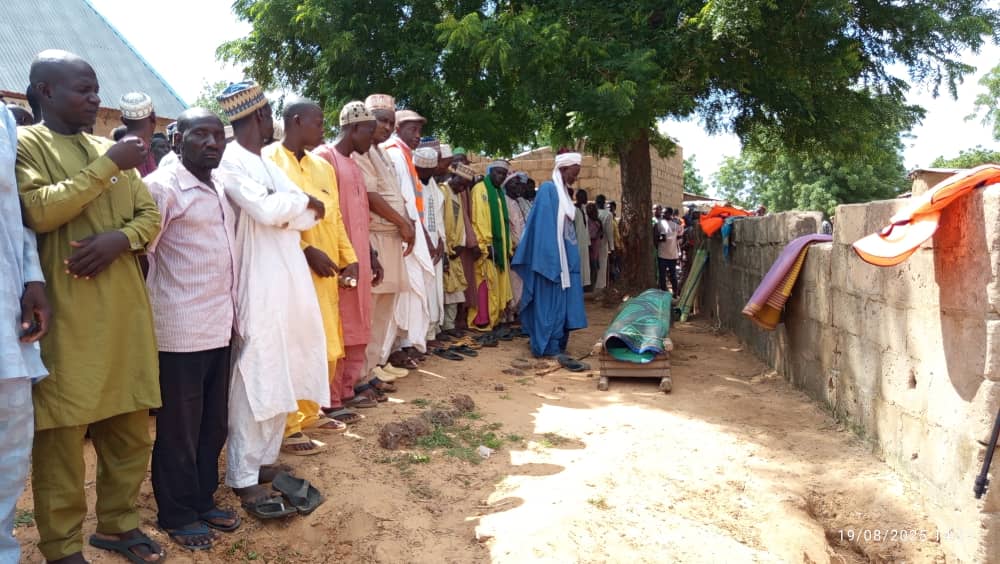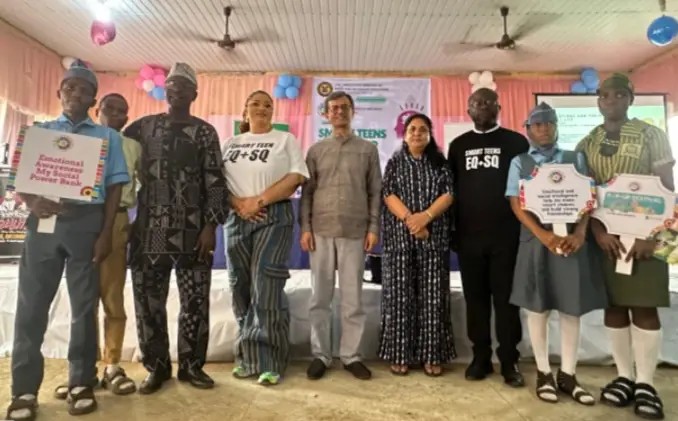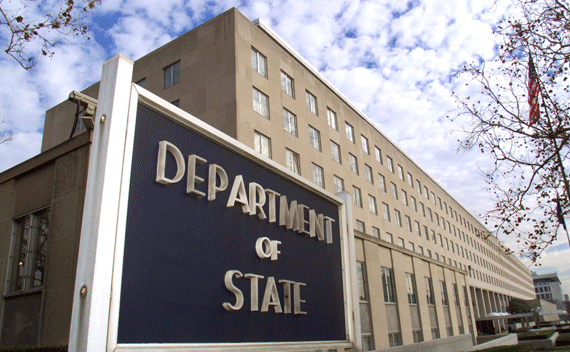Senator Obiorah Proposes Bill to End Presidential, Gubernatorial Control Over INEC Appointments
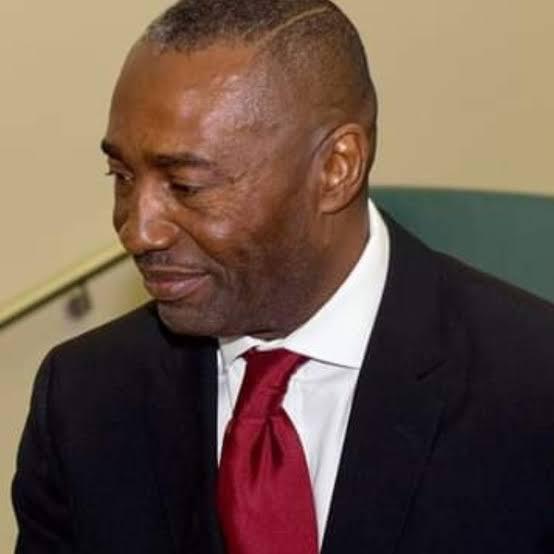
Former Senator and legal practitioner, Ikechukwu Obiorah, has submitted a draft constitutional amendment bill to the National Assembly seeking to strip the President and State Governors of their powers to appoint members of the Independent National Electoral Commission (INEC) and State Independent Electoral Commissions (SIECs).
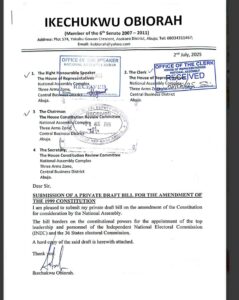
Obiorah, who represented Anambra South Senatorial District from 2007 to 2011, revealed this in a treatise titled “The Philosophy of Elections and Nigeria’s Fake Democracy,” made available to journalists in Abuja over the weekend. He officially transmitted the draft bill to both the Senate and the House of Representatives on August 8.
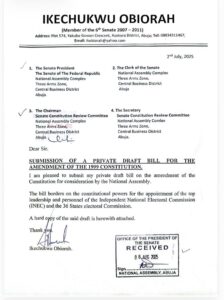
The ex-lawmaker argued that entrusting appointment powers to an independent body is essential to achieving honest, transparent, and credible elections in Nigeria. He lamented what he described as decades of “pervasive rigging and perversion of elections” since independence, which he blamed for deepening poverty and underdevelopment.
“Since Independence, 90 percent of all elections — parliamentary, presidential, national assembly, governorship, house of assembly, and local government council — have been brazenly stolen, rigged, perverted, or altogether nullified,” Obiorah said.
He condemned the current system, where Presidents and Governors appoint electoral officers, likening it to “a person being a judge in his own case.” According to him, the practice has consistently produced “Soviet-style election results” and triggered countless litigations over disputed outcomes.
Outlining his proposal, Obiorah recommended that INEC be restructured to include 13 commissioners: six elected by recognized Nigerian labour and professional organizations, six nominated by the United Nations, and one observer-nominee from Transparency International. The commission, he said, should also have full autonomy to elect its chairman, hire and dismiss staff, and oversee all elections at federal, state, and local levels.
He further argued that UN and Transparency International involvement would not erode Nigeria’s sovereignty but rather signal the country’s voluntary commitment to curbing corruption and strengthening democratic institutions.
READ ALSO: NBTI NextGen Innovation Challenge 2025: Nigerian Innovators Take Centre Stage in London
U.S. Advocacy Groups Condemn Tinubu’s IPOB-Boko Haram Comparison, Demand Nnamdi Kanu’s Release
On electoral technology, Obiorah insisted on making the Bimodal Voter Accreditation System (BVAS) and the electronic transmission of results through the INEC Results Viewing Portal (IReV) mandatory. However, he stressed that without a neutral and credible electoral body, technology alone cannot guarantee credible polls.
Obiorah expressed confidence that his proposal, if adopted, could set Nigeria on the path to genuine democracy and development, declaring that “honest elections are the foundation of national progress.”
The bill is currently awaiting consideration by the National Assembly.
–



